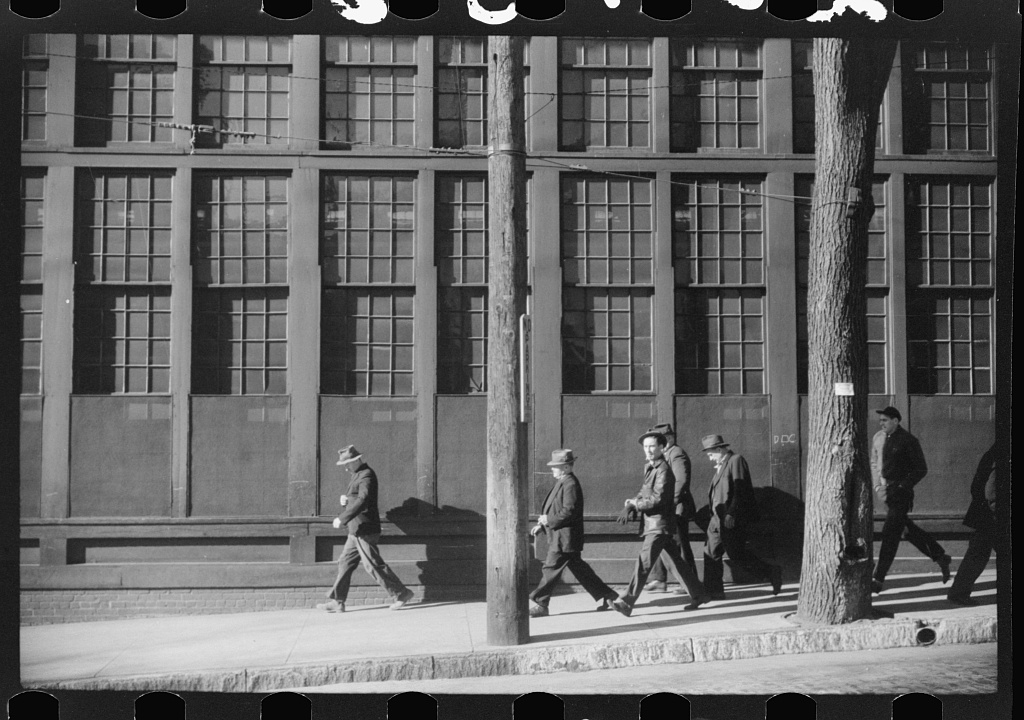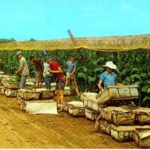
Workers coming out of the Farrell Birmingham Foundry, Ansonia, 1940
– Library Congress, Prints and Photographs Division
The story of work in Connecticut mirrors that of much of the nation. From colony to early statehood, Connecticut’s labor force consisted primarily of agricultural laborers, skilled craftsman, and local shopkeepers. The growth of manufacturing brought on by the Industrial Revolution, however, created a demand for mill and factory workers to produce the war materials, industrial products, and consumer goods required of a growing nation. While the state worked to provide important opportunities for women and immigrants, it also produced legislation to regulate child labor, the length of work days, the safety of work environments, and minimum and fair wages for the state’s workforce. Laborers, themselves, were instrumental in agitating for such changes.
Featured
Literacy Tests and the Right To Vote
Connecticut was the first state to require a literacy test of would-be voters and, even as the practice came under fire as a tool of discrimination, the state held steady until 1970. …[more]





